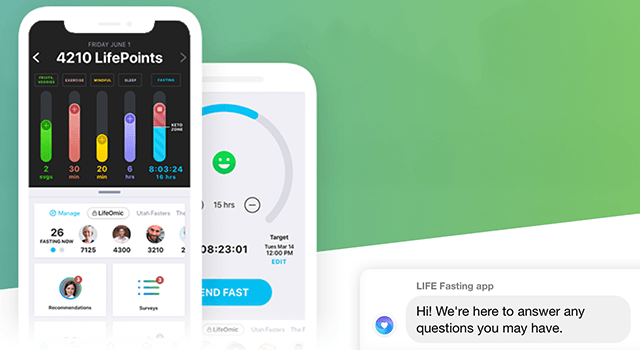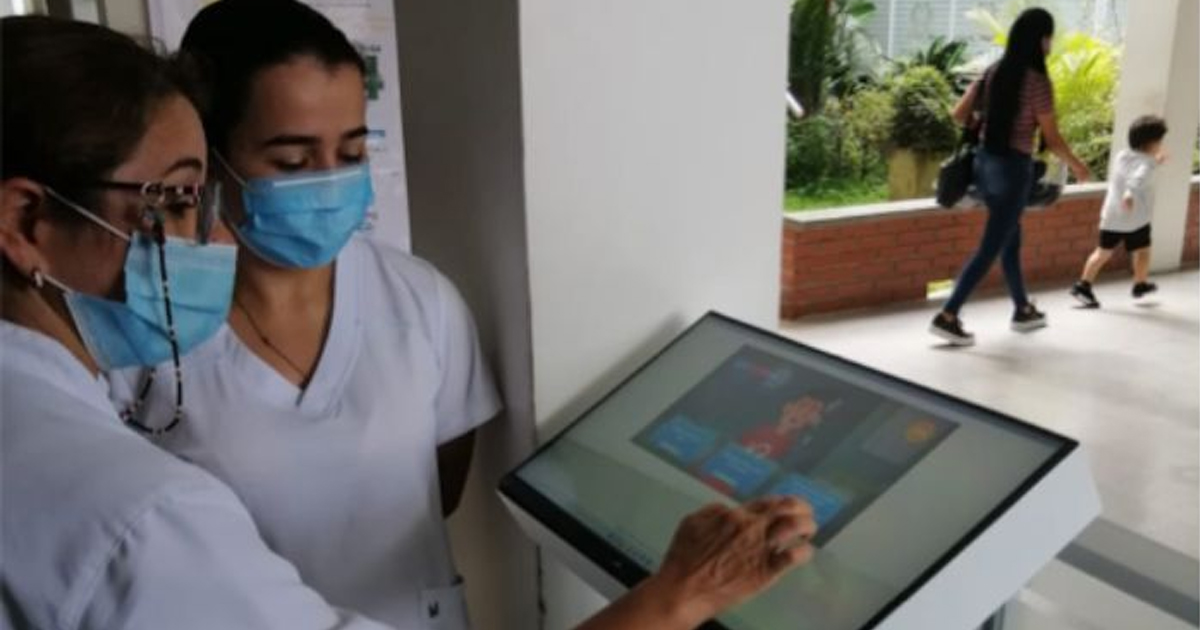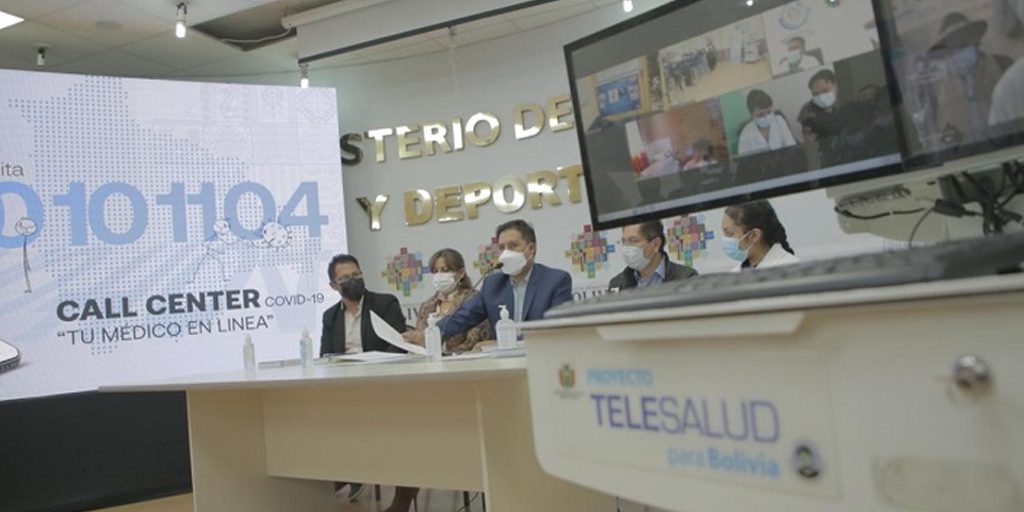National Center on Health Information Systems (CENS), in Chile, published a study at the JMIR on the interoperability of reporting PCR test results, using FHIR standards.
Proyecto Experanza COVID-19 is a public interest initiative, promoted by the Faculty of Medicine of the Catholic University of Chile (UC), in collaboration with the UC CHRISTUS Health Network, CENS, and the Digital Health Unit of the South East Metropolitan Health Service (SSMSO). The project consists of the development of a system of PCR tests in a massive way, and thus achieve the isolation of people who are positive cases of COVID-19 and cut the chain of contagion, all through a system of interoperability between the parties involved.

CENS has been in charge of offering interoperable solutions for this project, first through three stages. Firstly, there is the web triage through the COVID-19 Early Detection and Symptom Monitoring Platform, an online self-assessment system, in which the user performs a test to detect COVID-19 symptoms.
CENS created a proof of concept (POC), which is based on HL7 FHIR as an interoperability standard, which facilitates the management of data on the sampling of the Family Health Centers Network and the results that come from the UC Clinical Laboratory, to the centralized organization that is represented by the SSMSO. In this way, through an authentication mechanism, the different institutions were able to exchange information.
They also developed for the third stage the system for monitoring positive patients from the SSMSO and other hospitals of the Family Health Centers Network, for the exchange of data between them, in this way they were able to standardize the information on patient admissions, monitoring and discharge of patients in their quarantine, as well as contact tracking records. Approximately 830,000 people have benefited from this program.
And recently, the Journal of Medical Internet Research (JMIR), published the interoperability work developed by CENS, entitled “Interoperable HL7 FHIR platform to report PCR SARS-CoV-2 tests from laboratories to the Chilean government”, in which they detail how the development and design of the interoperable platform was carried out, as well as the methodology used.
“The methodology to design and develop the interoperable platform was composed of six well-structured stages: 1) Creation of a minimum data set for PCR SARS-CoV-2 tests, 2) Modeling process and end points where institutions exchange information, 3) Standards and interoperability design, 4) Software development, 5) Quality assurance and 6) Software implementation”, explain in the publication.
In the publication they also signed about the results obtained: “The performance of the platform for 1000 requests resulted in a response time of 240 milliseconds, the performance was 28.3 requests per second and the process management time was 131 milliseconds. The platform has an availability of 99.9%”.
As a conclusion, the authors emphasized the importance of the platform to simplify the reporting of PCR tests, reducing the time and probability of errors in counting positive cases. It continues to operate today and is open to the medical community and laboratories that require the system for reporting results in their PCR tests.
You can read the article published by JMIR at the following link: https://preprints.jmir.org/preprint/25149






